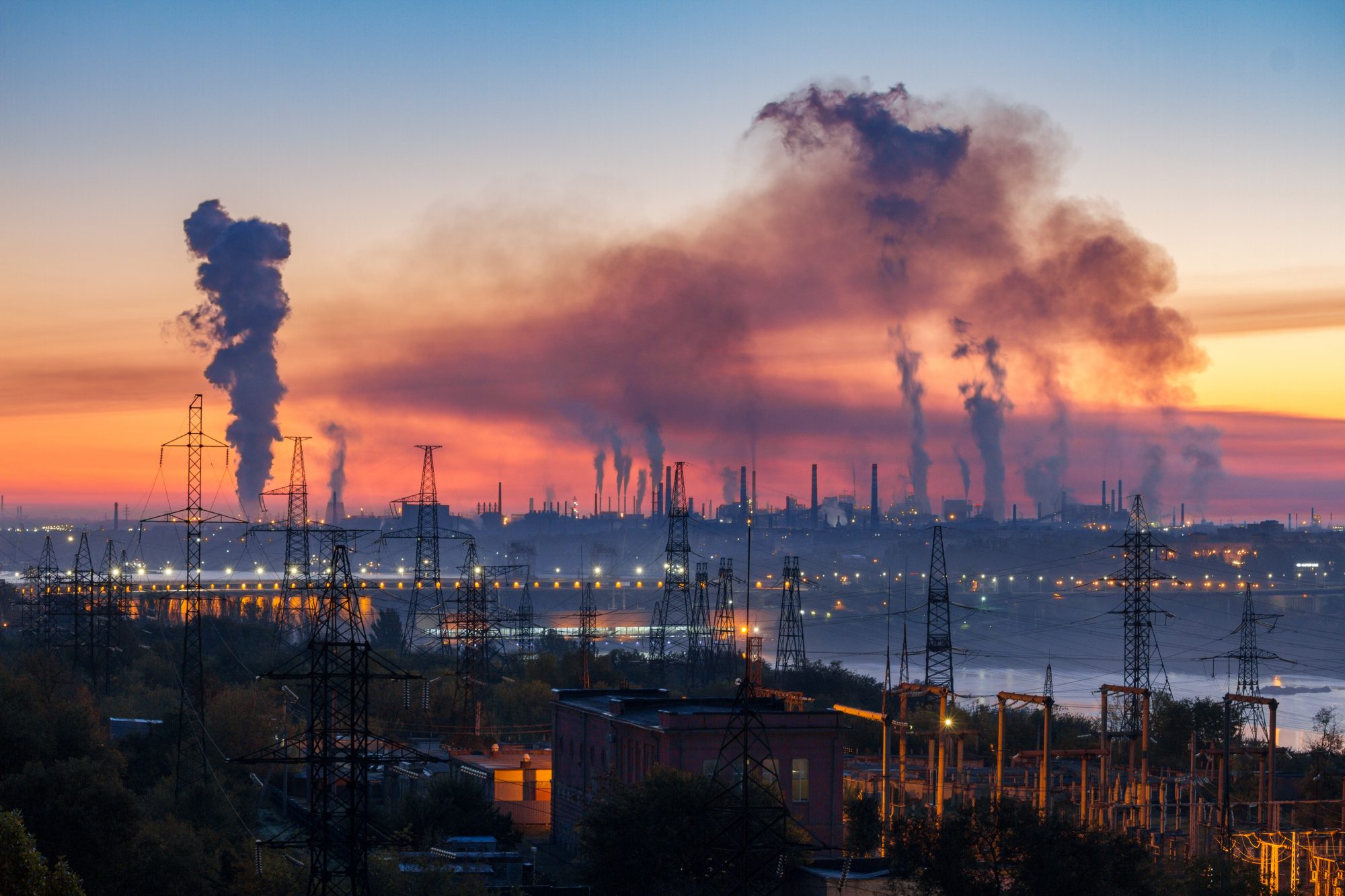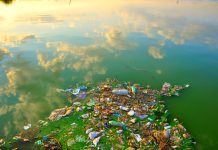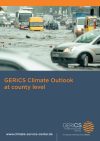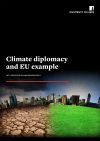The burdens of EU environmental impacts are being exported to non-member Eastern European countries – yet the EU continues to profit
Despite EU environmental impacts being ‘outsourced’ to many countries globally, Eastern European states have received the highest of environmental pressures associated with EU citizens’ consumption.
EU consumers are essentially ‘exporting’ negative environmental impacts – such as waste, carbon emissions, land use and more – to their Eastern European neighbours, whilst retaining most of the economic benefits linked to consumer goods and services.
An international group of researchers published these findings at the Universities of Birmingham (UK), Groningen (NL) and Maryland (US), as well as the Chinese Academy of Sciences, who studied member states environmental impacts between 1995 and 2019.
85% of the economic benefits remain within member countries
The environmental impacts being outsourced include:
- Greenhouse gas emissions
- Material consumption
- Land use
- Consumption of surface and groundwater
- Waste
- Particulate matter formation
- Photochemical oxidation and biodiversity loss due to land coverage
- Freshwater, marine and terrestrial ecotoxicity
Although Eastern European nations are facing this massive burden, over 85% of the economic benefits, remain within member countries.
The researchers noted this trend after realising that environmental impacts had decreased within the EU bloc, but had increased everywhere else.
Environmental impacts had decreased within the EU bloc, but increased everywhere else
Essentially, EU consumption dropped in most of its member states – for the Netherlands and Sweden, indicators in all ten categories dropped from 1995 to 2019. Austria, Czechia, Italy, Poland, Romania and Slovenia all saw decreases in nine of ten analysed environmental pressures and impacts.
These included ecotoxicity indicators, greenhouse gas emissions, particulate matter formation, photochemical oxidation and material consumption.

Eastern Europe consistently receives the lowest share of economic value
Analysing the value added by consumption of goods and services within the current 27 EU member countries to economies between 1995 and 2019, the researchers found that all analysed EU environmental impacts and pressures associated with EU consumption increased in Brazil, China, India, Japan, as well as in Eastern Europe and the Middle East.
Corresponding author Yuli Shan, associate Professor in Sustainable Transitions at the University of Birmingham, commented: “For the sake of our planet, environmental pressures and impacts from EU consumption need to decrease substantially – reducing the export of environmental damage beyond the borders of the wealthy EU states to poorer regions.
EU consumption need to decrease substantially
“The benefits of EU consumption are greater for most member countries than those outside the Union, whilst inducing higher environmental pressures and impacts for the EU’s eastern neighbours such as Albania, Montenegro, Serbia, Ukraine and Moldova.”
First author Benedikt Bruckner, from the University of Groningen, said: “As many super-affluent consumers contributing disproportionally to global environmental damage and resource use live in the EU, we must focus mitigation efforts on overconsumption.”
The other corresponding author Klaus Hubacek, Professor at the University of Groningen, added: “We can reduce environmental pressures and impacts associated with EU over-consumption in a number of ways, including changing how people travel or their dietary choices, and creating new EU trade policies that lower environmental pressures and impacts associated with goods and services.”
Editor's Recommended Articles
-
Must Read >> Time to stop passing the buck on plastic waste






























